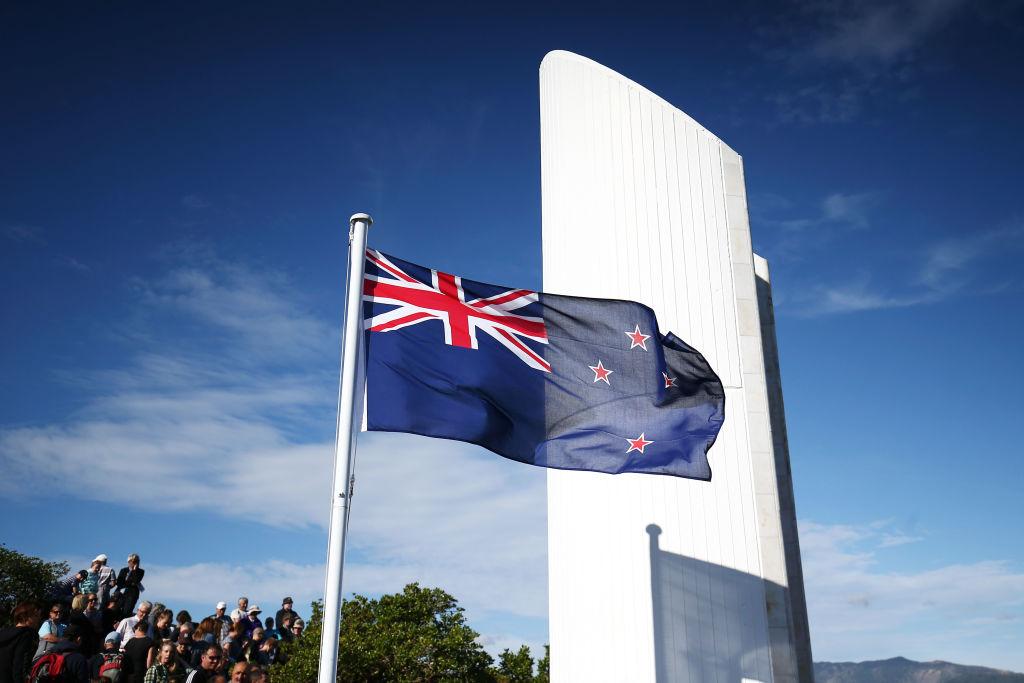New Zealand’s Inspector General of Intelligence and Security has issued a scathing report on a decision by the Government Communications and Security Bureau (GCSB) to host a signals intelligence system deployed by a foreign agency. The system operated from 2013 until 2020, when it was stopped by equipment failure.
Inspector General Brendan Horsley found that the GCSB had decided to host the system in New Zealand “without seeking ministerial approval and without subsequently informing the minister of the system’s existence or purpose.”





